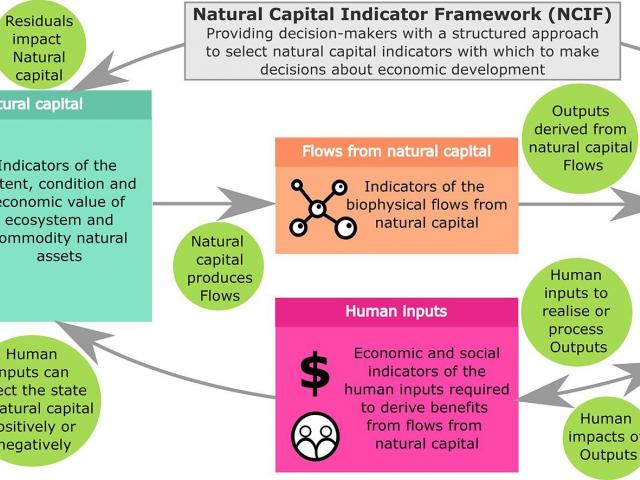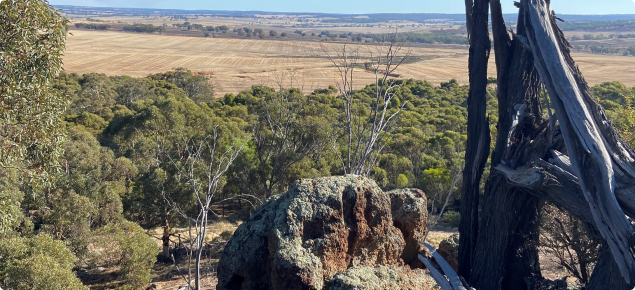Farmers have been stewards of Australian landscapes for generations. Natural Capital Accounting Frameworks will provide tools that help farmers demonstrate the many benefits of good land management. The principles and potential of Natural capital accounting is explained in this video.
NCA is different to Environment, Social and Governance (ESG) frameworks - which help businesses understand how they are managing risks and opportunities related to ESG criteria.
Natural capital assets include:
- Health of soil: soil organic, matter, minerals, fungi etc
- Biodiversity (flora and fauna)
- Social value
- Indigenous landscape values
- Cultural significance
- Water resources
Benefits of accounting for natural capital
Biodiversity and natural capital credits may have multiple uses including:
- Enabling a pathway towards net zero Trading within farming groups
- Form of evidence to demonstrate the value of carbon stored and biodiversity created.
- Emissions Reduction Funds (ERF) toward Carbon reduction units, regulatory or voluntary. For example, VERRA VM0042, The Methodology for Improved Agricultural Land Management links improved agricultural practice with financial reward for the improvement of soil organic carbon.
- Accessing premium prices for product
- Financing of business activities and new farm projects.
- Accessing biodiversity crediting programs

Frameworks for farming practices and future accounts
Interest in Natural Capital Accounting is global. The United Nations endorsed System of Environmental Accounting- Experimental Ecosystem Accounting (SEEA) is underpinning work to design appropriate NCA frameworks for farmers. Importantly, the SEEA also organizes environmental and economic data in an integrated and conceptually coherent manner to produce actionable information for policymaking.
Work is currently underway to develop Natural Accounting Framework suitable for Australian farmers. The Australian Agricultural Sustainability Framework (AASF) aims to provide a translation layer between farm practice (environmental), markets (financial) and community (social) using a framework across the whole of agriculture. Themes include environmental stewardship; people, animals, and community; and economic resilience.
Initiatives like the AASF support Australian participation in natural capital markets initiatives like the Taskforce for Nature-related Financial Disclosure (TNFD). The Australia State of the Environment 2021 report makes use of natural capital in its approach including SEEA and Accounting for Nature.
Contact
For more information contact climateresilience@dpird.wa.gov.au

